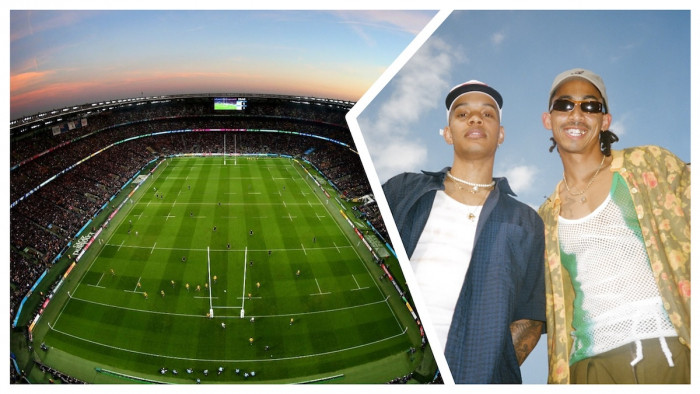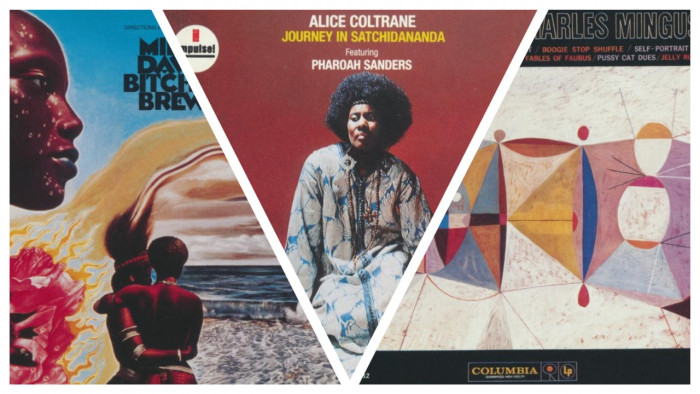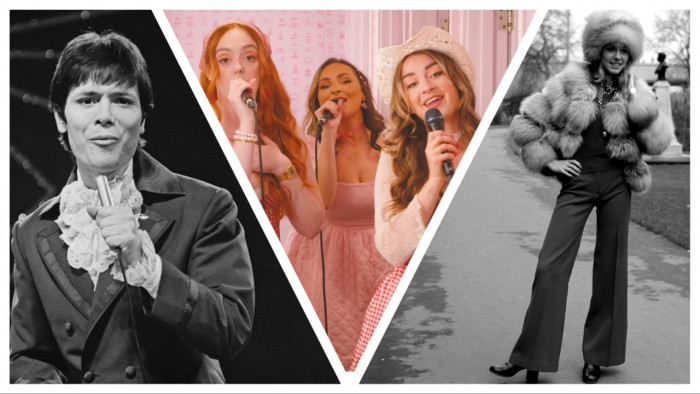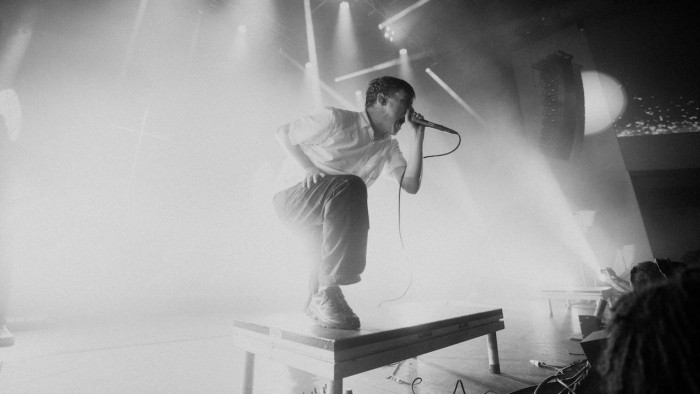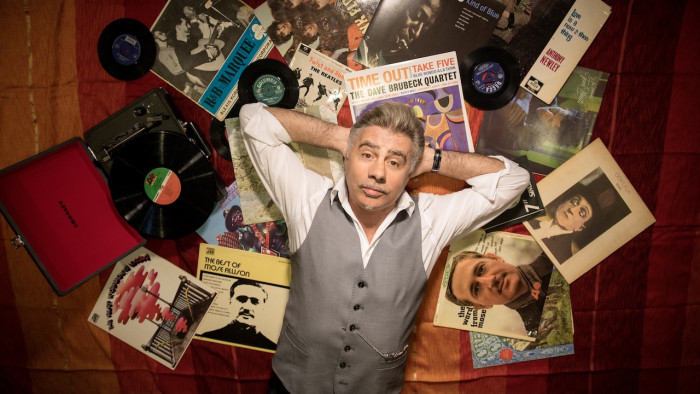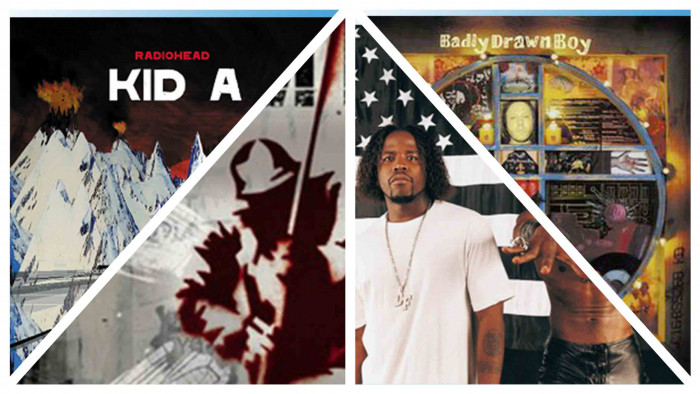What Stormzy and his depression mean for black masculinity
Stormy's voice will allow other black men to confront their own issues


Last week in an interview, Stormzy, whose debut album Gang Signs & Prayer just went number one, went to detail about his battle with depression. The conversation regarding mental health among grime artists hasn't been as explored as, say, rappers in hip-hop, although there has been extensive research that concludes black men and women are far more likely to be diagnosed with mental health issues such as depression and are also more likely to be institutionalised for them. For Stormzy to confront his own depression publicly shows that grime artists, who have often been demonised, especially in the past, can today play an important part in the conversation surrounding mental health.
On Gang Signs & Prayer, Stormzy reveals on two occasions that mental health had been a silent foe he’d been battling for much of last year. While the album's opener ‘First Things First’ revealed it was depression, it was on its pensive conclusion, ‘Lay Me Bare’, where Stormzy went into further detail. In some ways it was poetic in itself. Mental health conversations within grime are still at the introductory level compared to hip-hop, yet Stormzy sparks a dialogue on the one of the most impactful British albums of the year.
What does it mean when grime’s biggest star openly uses words such as depression? It inspires and gives license to other young black men to openly confront their own mental health, rather than skirting around such issues. As much as Stormzy is revered for his prowess within grime, speaking out gave others like him the tools to begin such conversations – particularly with peers who are also most likely either working class, black, or both.
For independent magazine Consented, poet Caleb Femi explored Dizzee Rascal’s Boy In Da Corner and the subtle references to mental health. On ‘Sittin’ Here’, Dizzee spits: “I’m just sitting here, I ain’t saying much I feel to cry, I’m just sitting here, I’m sitting here depressed and I don’t know why.” One could argue that a self-diagnosis does not necessarily pertain to mental health issues, but where would the likes of Dizzee and Stormzy have gone if not for music? Better yet, with young black men often vilified before even opening our mouths, who would even listen? Femi explains: “With all this considered, it becomes clear that the traumatic conditions of the inner-city council estate have had adverse effects on this teenager who in turn chooses to express it through his music.”

Stormzy’s own testimony isn’t just empowering for other black people, but in the same week where Moonlight saw its own star shine, it should inspire us to interrogate our own masculinities – whatever they may look like. Since mental health became a prominent conversation among millennials especially, it’s been widely reported that men are far more likely to commit suicide due to depression and other mental health issues. Where the nuance lies is in race and cultural context. Femi goes on to add in his critique: “According to Howard Pinderhughes, in the Prevention Institute’s report ‘Addressing and Preventing Trauma at the Community Level’, young people who grow up experiencing traumatising events and conditions are significantly affected, and it is usually manifested in Post-Traumatic Stress Disorder (PTSD) related issues. For Pinderhughes, in the case of community trauma the ‘Post’ in PTSD should in fact stand for ‘persistent’ or ‘pervasive’ as the trauma is ongoing and not in the past (unlike a soldier who returns from the war).”
The London Riots should have alerted the wider public, and perhaps more importantly, mental health services, to the pervasiveness of mental health issues in young people. Lucie Russell of Young Minds mentions that according to the Home Office, two thirds of those involved were on the Special Needs Register. “A lack of three emotional characteristics typify antisocial behaviour and criminal activity. These are lack of empathy, an absence of emotional regulation, especially around feelings of anger, and a disregard and lack of understanding of consequences,” Russell said back in 2012. The wider public ignored what would eventually lead young people to want to cause destruction, and since the death of Mark Duggan, few have acknowledged the mental health issues supposedly affiliated with gangs in North London.
The clues were there before the album’s release. Upon seeing the charging album cover for Gang Signs & Prayer, there was an inkling that Stormzy would be far more candid than on previous releases. It revealed that the juxtaposing title held a far more surreptitious meaning – even those living in hostile and violent environments need a sanctuary, be that the church or music.
On a phone call with Chip, included as a skit on Skepta’s Konnichiwa, the veteran MC revealed the struggles he found adjusting to his new status and fame beyond grime and within the music industry in general. “Sound, man. This ting has got me, blud, I'm not gonna lie, fam. I'm not gonna front, fam. Mad pressures from every angle, fam,” Skepta says at the end of ‘Corn on the Curb’. Although Skepta doesn't necessarily disclose depression as a factor, he goes on to mention how his representation of blackness is still yet to be accepted by those within the industry.

Wiley on ‘Goin’ Mad’, taken from his debut album Treddin’ On Thin Ice, alludes to his own inner battles at a time where grime's stars were still very much present in their local communities and environments where violence was a norm. “Ya know what, I think I'm going mad, mate. I think I'm losing my mind and I've got so much on me plate.” Wiley, now much older and wiser, is able to articulate his experiences with mental health in interviews, but that it took so long also reveals a failure on the part of the UK’s health services to appropriately address and tackle the issues that arise in young people.
Trust in the authorities has always been particularly low among young black British men and women, and given that cultural context is important when seeking out mental health care, it can be difficult to find in the NHS’ services. So where do we go? Services such as recovr have emerged within the past year, with an aim of providing black therapy seekers with therapists who are best equipped to identify the racial and cultural implications of mental health.
Stormzy may not know it yet, but as grime’s affable star, he ceased to be silent and used his voice, which will likely allow others from similar backgrounds to confidently confront their own issues. His revelation also suggested something far more sobering which many of us are yet to comprehend – depression does not pick and choose it's victims and no matter your creed, level of success or fame, it can afflict us at any moment, but it is us confronting it within ourselves that allows it not to have power over lives.
[Images: Rex Features]

